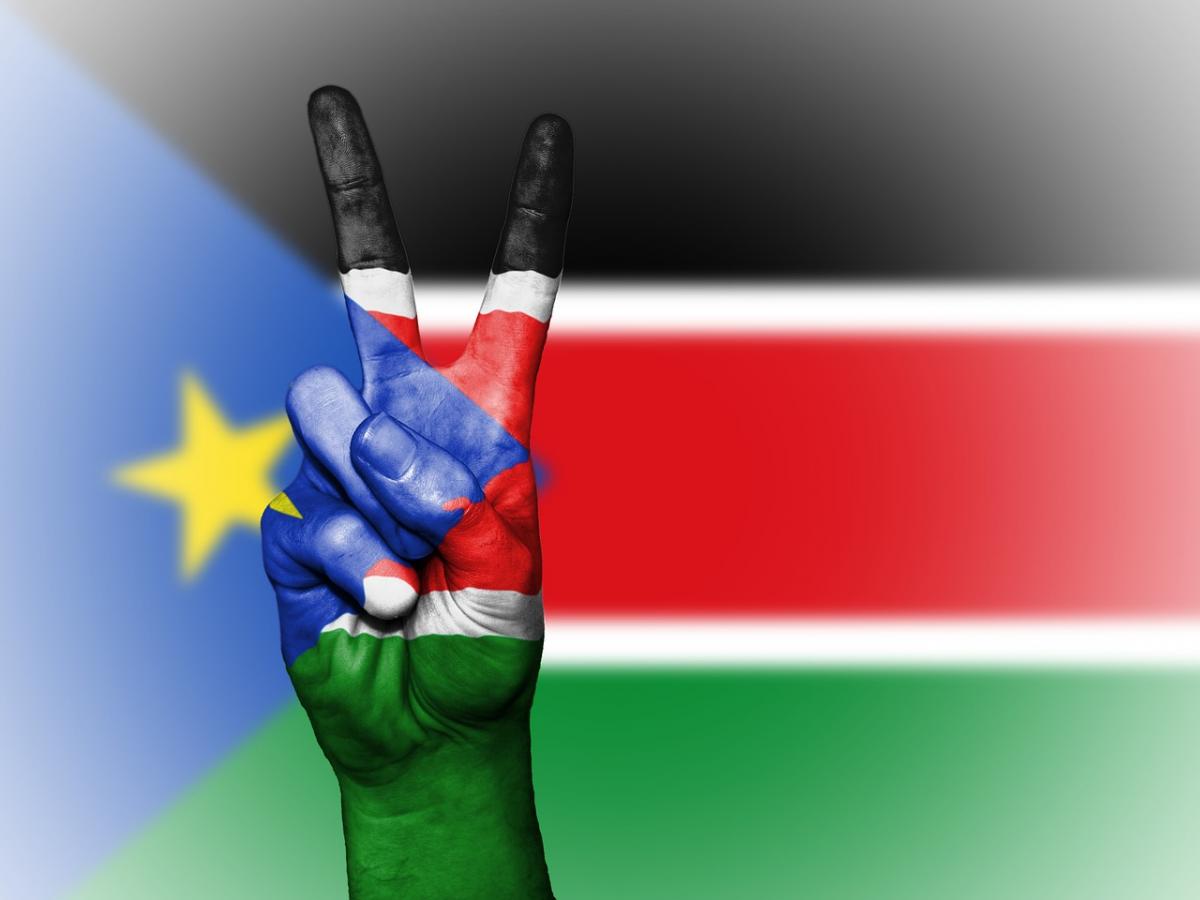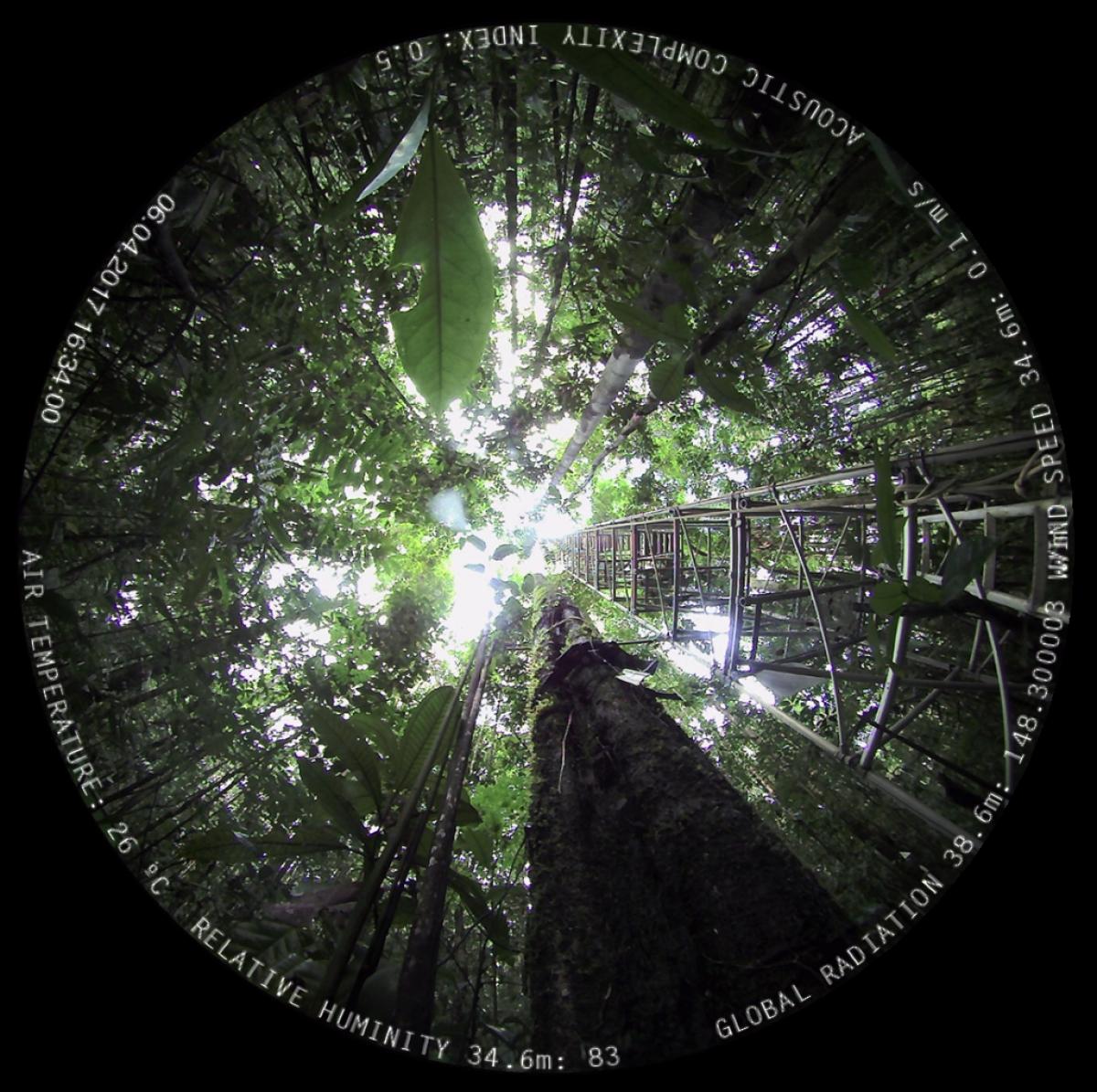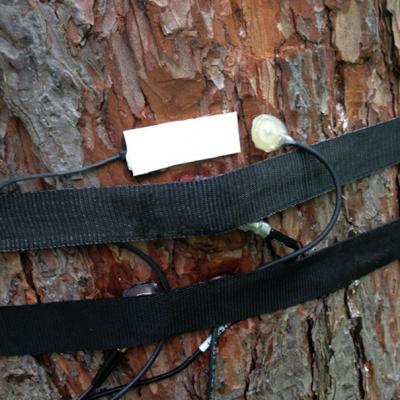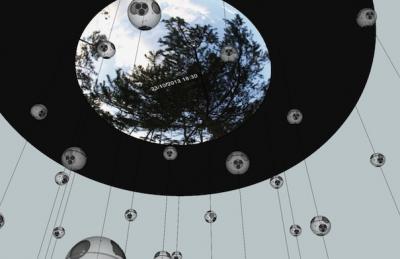
Happy Birthday, South Sudan!?
On July 9, 2014, South Sudan turned three years old. Decades of civil war, high flying hopes, disillusionment, humor and creativity shape the musical creation of South Sudanese artists.
For many South Sudanese, the end of the second Sudanese civil gave reason to be optimistic about the future. The civil war lasted from 1983 to 2005, killed roughly two million people by force, famine or diseases, and made millions flee their homes. The civil war let its traces in musical creation. The internationally most known example is Emmanuel Jal. He released several songs about the civil war songs are also important throughout his memoir titled Warchild.
As a child, he experienced the atrocities of war. His father, a policeman, joined the Sudanese People’s Liberation Army (SPLA). At around seven years of age, he was separated from his mother and later learnt she was killed. When told they are going to school in Ethiopia, Jal and other boys were singing euphorically: «We are going to school, we are going to school, Sudan our country, Sudan our country, we are going to school to learn to read and write.» They had to walk 600 kilometer by foot, only to slowly realize that school in fact was a refugee camp with an attached training ground of the SPLA. Here, Emmanuel Jal and other jenajesh (child-soldiers) that later became known as the «Lost Boys» were trained. In the SPLA, songs were important not only for political mobilization and unity among the recruits, but also to raise the spirits:
«We are commandos
Yes
There are no sick
Yes
We are all young
Yes
All of us are youth
Yes
Fire, fire,
Burn it
Fire, fire
Shoot it
Madingbor [a town in South Sudan]
Madingbor is burning.»
The first time Emmanuel Jal was fighting was not against the jallabas (Northern Sudanese), but against Ethiopian rebels who attacked to SPLA camp. «Battle is like music – it ebbs and flows, screeching and silent in turns», Jal describes his first fighting experience. Jal fled back to South Sudan and then to Kenya before finally participating in fighting around Juba, eager to kill and revenge what happened to his family. He later addressed his experiences in a song called Warchild:
«I believe I’ve survived
To tell my story, to touch lives
I lost my father and mother in this battle
My brothers too perished in this struggle
All my life I’ve been hiding in the jungle
The pain I’m carrying is too much to handle»
When the SPLA split into two rival factions, Emmanuel Jal was taken on a grueling trek to join the SPLA Nasir faction of Riek Machar. There, he met controversial British aid worker Emma McCune, who was the second wife of Riek Machar. McCune protected Emmanuel Jal and smuggled him to Nairobi where he was sent to school and started recording music. One song is dedicated to Emma.
Nairobi was and still is a centre where South Sudanese artists live and record songs. One example is Lam Tungwar, who, like his cousin Jal, is a child soldier-turned-rapper-and-memoir-author. When his unit was spread Lam fled to the Kakuma refugee camp in Kenya and later started to sing about his experience as a child soldier.
Video not available anymore.
Other refugees revived the old cultural form of personal songs. Songs composed as audio letters and distributed on tape allowed keeping vastly dispersed clan groups in touch and communicating new concerns. These audio letters were handed over through personal networks who formed a worldwide system of communication, independently from the internet and still largely absent from it. Individuals were keen of accumulating a repertoire of personal songs and commissioned the writing of the text or the melody, if they lacked talent.
Emmanuel Jal, to come back to him, no doubt is a gifted singer and entertainer. The first song he recorded together with Lam and Mnasseh was called Gua. It was later re-recorded for an album titled Ceasefire he released with Northern Sudanese singer Abdel Gadir Salim.
The original Gua song was a hit song in Kenya, while the Ceasefire album circulated among Western World Music enthusiasts. The catchy song spreads a unitary vision and a dream of peace. In contrast, other musicians strongly supported separation and the independence of South Sudan. One example is Queen Zee in her song Referendum. In another of her songs she celebrates the SPLA.
Video not available anymore.
However, when independence was declared, Emmanuel Jal joined the celebrations for the newest country on this planet with a concert in London.
Video not available anymore.
Another musician celebrating hopefully was Emmanuel Kembe.
Lam Tungwar in the meantime was appointed UN Habitat Messenger of Truth. Together with Kenyan artist Wyre and Yezee Giel he released the song “Call the president” about the changes they would initiate as president.
«One day, you can be the new president» was the optimistic message for young people. Other artists were more prosaic. According to Eagle and WJ de King of Lokwilili, «Lyf is hard».
The jobseeker in Silver X’s song Fetsu Sukul is always told to «come tomorrow» as he has no backing by important people.
Nevertheless, Silver X promotes the capitalist ethic of hard work. In Boda Boda, he praises manual jobs helping young people to survive without relying on others.
Other musicians sing about what they consider social problems. Nyandeng, the girl in Mr. Lengs’ song, drops out of school because she got pregnant.
Queen Zee was roped in by one among the myriads of NGOs active in South Sudan for advocating child registration in a kitschy song.
Video not available anymore.
Not the melody but the colors have gone wild in this video by the Equatoria Freedom Boys.
Video not available anymore.
Also rather on the freaky side is a song where the “King of fun” WJ King of Lokwilili satirizes the temptations of life.
There are of course also the obligatory songs about women, especially in the popular Ugandan-inspired ragga genre. The Freedom Boys recorded such a song with Ugandan icon José Chameleone.
Silver X did one on his own.
Video not available anymore.
Not missing on the list is of course Nairobi-based Babyone who praises a girl with an African figure.
After seeing all the bling bling in this video, you would be forgiven for being surprised when learning that Babyone is actually a teetotaller. However, his impressive fleet of luxury vehicles is perhaps better known in Nairobi than his music. One car, an almost modest Range Rover, was given to him by the South Sudanese president Salva Kiir, an old friend of Babyone’s father who was a senior member of the government. Lam Tungwar, according to rumours circulating in May last year in Nairobi, drives a Hummer. This would not be surprising, as his uncle is governor of the Unity State, the administrative unit between the central government and the counties. Emmanuel Jal is less privileged but still quite lucky compared to most of his peers. He is able to travel the world and meet people - and to explore party time Electronic Dance Music, as he did in the song Wanekulu featuring Silvastone.
The party was already over in South Sudan when I visited Juba one year after independence. The flags from the independence celebrations were faded and torn and there was not much left of any spirit of optimism. It turned much worse. Last December, Babyone’s mentor President Salva Kiir and the husband of Emmanuel Jal’s mentor, ex-deputy President Riek Machar, threw the country in turmoil again. These two factions of the ruling party started fighting. Since then, thousands have died and more than a million people have fled their homes. An estimated four million will have to face critical food shortages in the next months. By her third birthday, South Sudan was considered the most fragile state in the world. An effective stop of the fighting as agreed by the two warring factions would probably be the most wonderful birthday present for the country and its inhabitants.
Biography
Published on July 11, 2014
Last updated on October 16, 2020
Topics
Watch how cutting-edge music from Brazil to Singapore is represented in moving images.
From linguistic violence in grime, physical violence against artists at the Turkish Gezi protests, and violence propagation in South African gangster rap.
Place remains important. Either for traditional minorities such as the Chinese Lisu or hyper-connected techno producers.
How does Syrian death metal sound in the midst of the civil war? Where is the border between political aesthetization and inappropriate exploitation of death?





